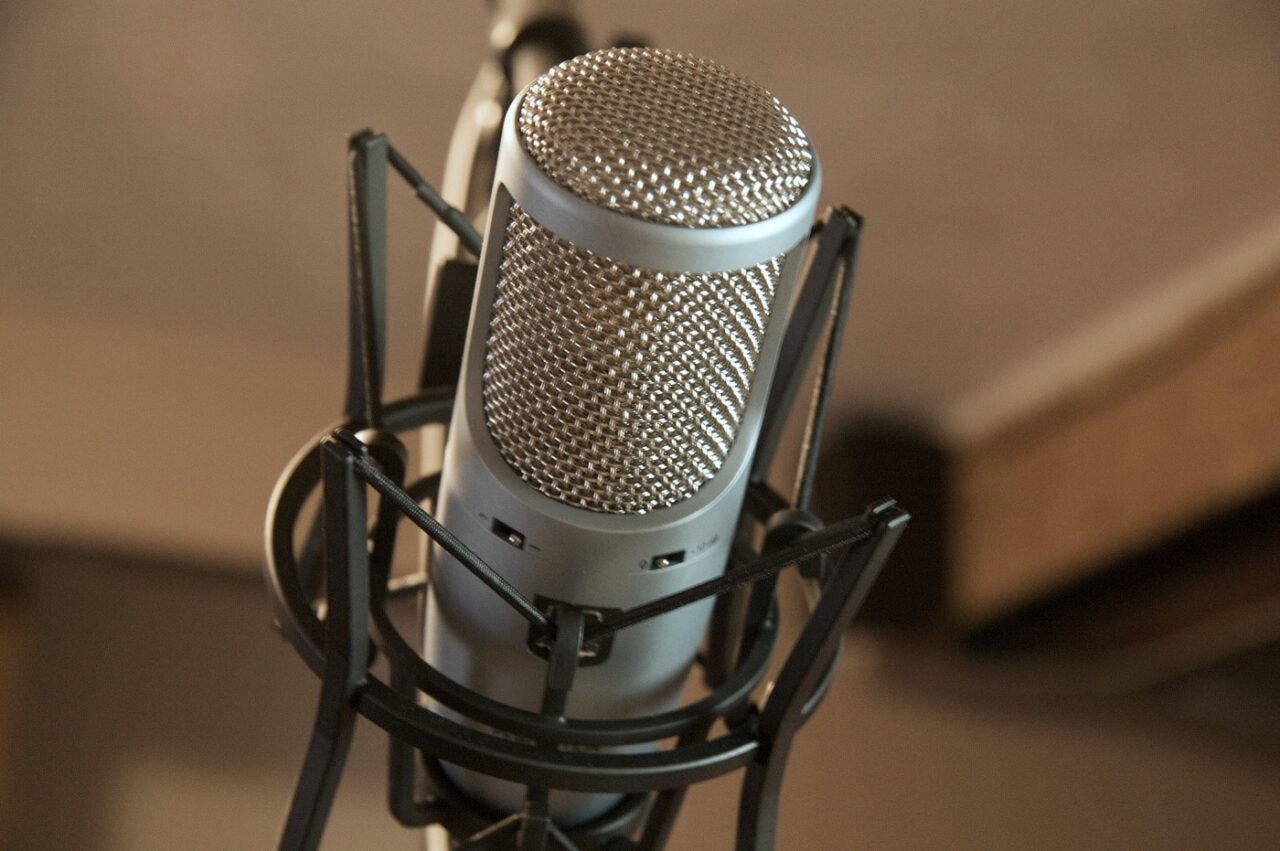Drawing on his trifecta of degrees in math, music and music technology, Tlacael Esparza, co-founder and CTO of Sunhouse, is revolutionizing electronic drumming.
Esparza has created Sensory Percussion, a combination of hardware and software that uses sensors and AI to allow a single drum to produce a complex range of sounds depending on where and how the musician hits it.
In the latest installment of the NVIDIA AI Podcast, Esparza spoke with host Noah Kravitz about the tech behind the tool, and what inspired him to create Sunhouse. Esparza has been doing drumstick tricks of his own for many years — prior to founding Sunhouse, he toured with a variety of bands and recorded drums for many albums.
Esparza’s musical skill and programming knowledge formed the basis for Sensory Percussion. Partnering with his brother, Tenoch, and with support from a New York University startup accelerator, Sunhouse was born in 2014.
Since then, it’s become successful with live performers. Esparza is especially proud of its popularity in the New York jazz community and among drumming legends like Marcus Gilmore and Wilco’s Glenn Kotche.
Esparza and Sunhouse customers will be marching to the beat of his drum far into the future — he hints at more musical tech to come.
Key Points From This Episode:
- Esparza was exposed to the idea of applying deep learning techniques to audio processing while earning his master’s at NYU. He studied under Juan Bello, who is responsible for much of the foundational work on music information retrieval techniques, and audited courses from AI pioneer Yann LeCun.
- One of Esparza’s goals with Sensory Percussion was to bridge the gap between engineers and musicians. He points out that software is often extremely powerful but complex or easy to use but limited. Sunhouse technology is designed to be an accessible intermediary.
Tweetables:
“It’s about capturing that information and allowing you to use it to translate all that stuff into this electronic realm” — Tlacael Esparza [6:20]
“[Sensory Percussion] ended up actually getting utilized by musicians as more of a full-on composition tool to write and perform entire pieces of music.” — Tlacael Esparza [24:10]
You Might Also Like:
Pierre Barreau Explains How Aiva Uses Deep Learning to Make Music
AI systems have been trained to take photos and transform them into the style of great artists, but now they’re learning about music. Pierre Barreau, head of Luxembourg-based startup Aiva Technologies, talks about the soaring music composed by an AI system and featured on this podcast.
How SoundHound Uses AI to Bring Voice and Music Recognition to Any Platform
SoundHound has leveraged its decade of experience in data analytics to create a voice recognition tool that companies can bake into any product. Mike Zagorsek, SoundHound’s vice president of product marketing, talks about how the company has grown into a major player in voice-driven AI.
Pod Squad: Descript Uses AI to Make Managing Podcasts Quicker, Easier
Serial entrepreneur Andrew Mason is making podcast editing easier and more collaborative with his company, Descript Podcast Studio, which uses AI, natural language processing and automatic speech synthesis.
Tune in to the AI Podcast
Get the AI Podcast through iTunes, Google Podcasts, Google Play, Castbox, DoggCatcher, Overcast, PlayerFM, Pocket Casts, Podbay, PodBean, PodCruncher, PodKicker, Soundcloud, Spotify, Stitcher and TuneIn. If your favorite isn’t listed here, drop us a note.
Make the AI Podcast Better
Have a few minutes to spare? Fill out this listener survey. Your answers will help us make a better podcast.



